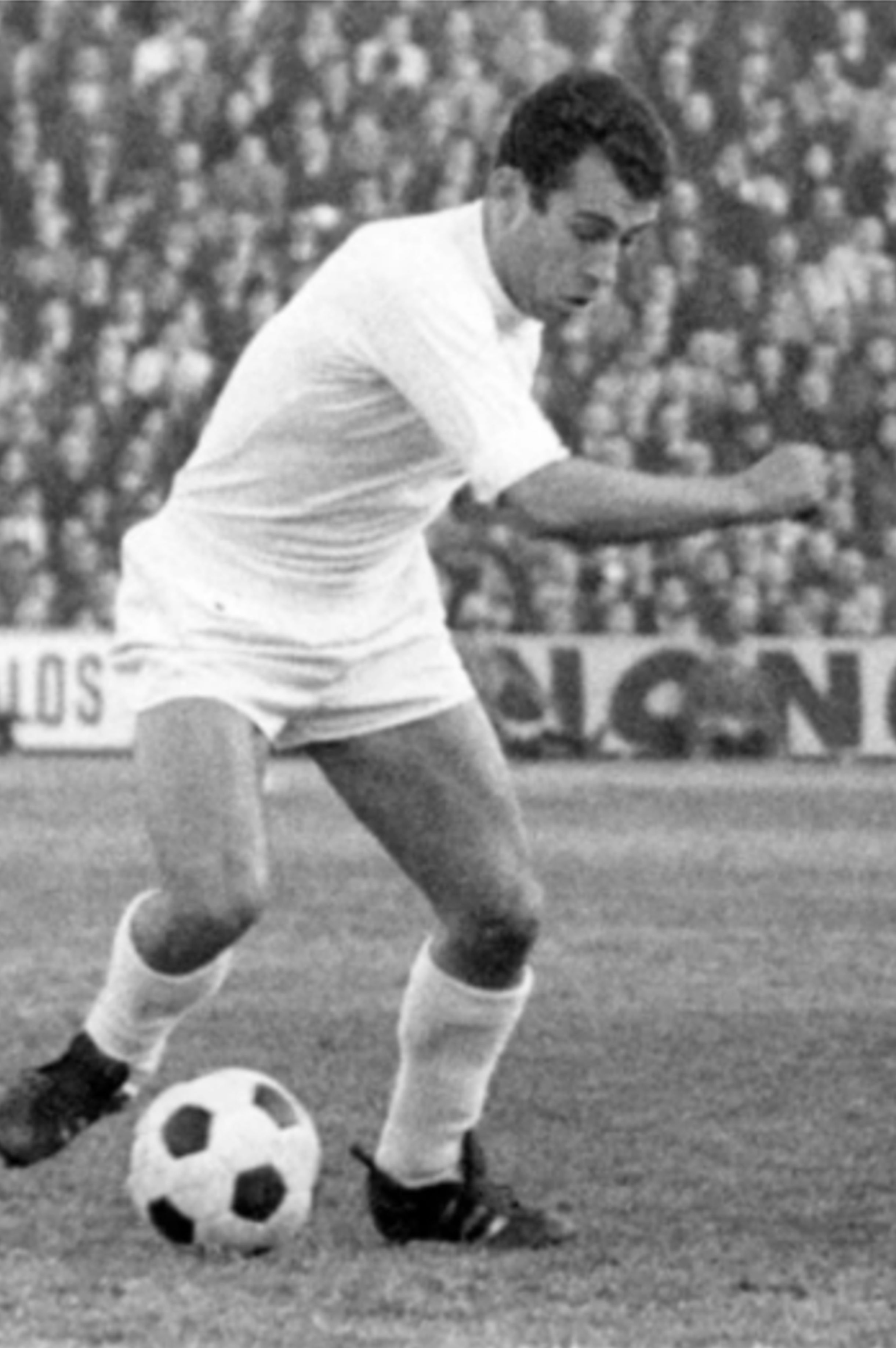Amancio Amaro
|
The Real Madrid legend played for our club between 1962 and 1976, winning the sixth European Cup, 9 Spanish league titles and 3 Spanish Cups. Amancio Amaro Varela has passed away at the age of 83. He was a Real Madrid player from 1962 to 1976 and the current honorary president of our club. Throughout his 14 seasons, he played 471 games, scored 155 goals and became one of the greatest legends of our team. Born on 16 October 1939 in La Coruña, he arrived at Real Madrid from Deportivo, where he had just topped the scoring charts in the Second Division. Amancio went on to become the connection between the team that won the first five European Cups and the Real Madrid yeyé. One of the best wingers in world football, he was quick, with great dribbling ability and scored key goals, such as the one against Partizan in the final of la Sexta. As well as the European Cup, Amancio won the Spanish league nine times and the Spanish Cup three times. On two occasions he was also the top scorer in the Primera División (1969 and 1970). He played for the Spanish national team in the final of the first European Championship which they won in 1964. He came third in the Ballon d'Or that same year. Amancio also made his mark as a Real Madrid coach. In 1984, he made history in charge of Castilla, winning the Second Division championship. No other reserve team has ever accomplished this feat in Spanish football. The following season he took over as coach of the first team and was instrumental in the consolidation of a generation of legendary players: la Quinta del Buitre. He was unanimously elected Real Madrid's Honorary President at the Extraordinary General Assembly on 2 October 2022. As one of the most important footballers of his time, Amancio was a member of the FIFA team that played against Brazil at Maracana in 1968, and was awarded the Gold Medal of the Royal Order of Sporting Merit for his contribution to Spanish sport. On a personal note, Amancio was Real Madrid for me as a kid growing up in Madrid. I was born in 1959 and he came to Madrid in 1962; Di Stéfano left Madrid before my 5th birthday but Amancio was still there when I migrated to Australia. I, as well as all my friends, wanted to be Amancio; we all wanted to be running down the right wing and scoring goals or providing the final pass for a goal. |
|


